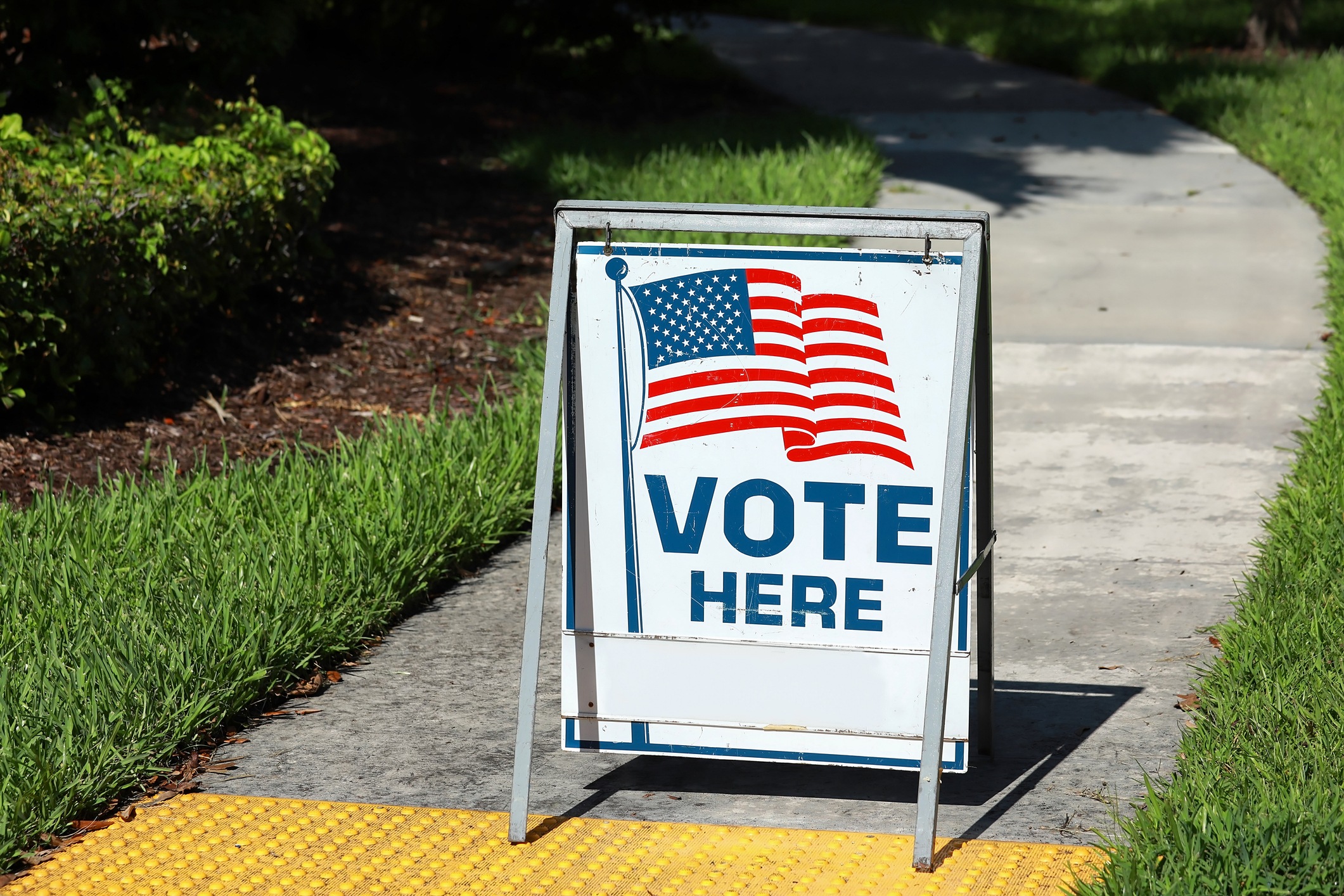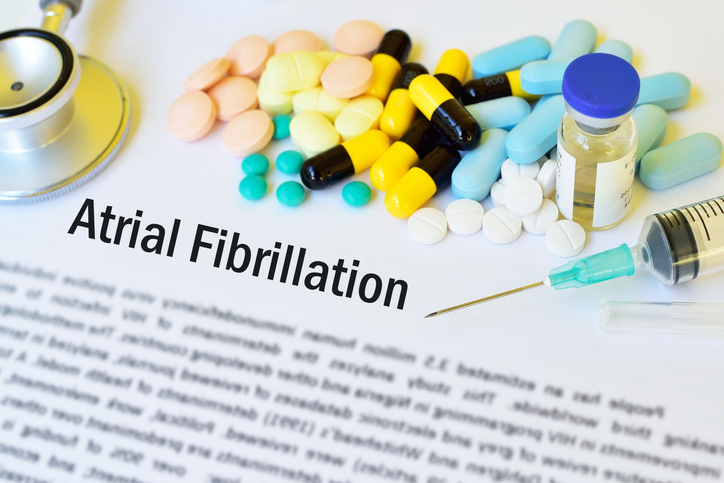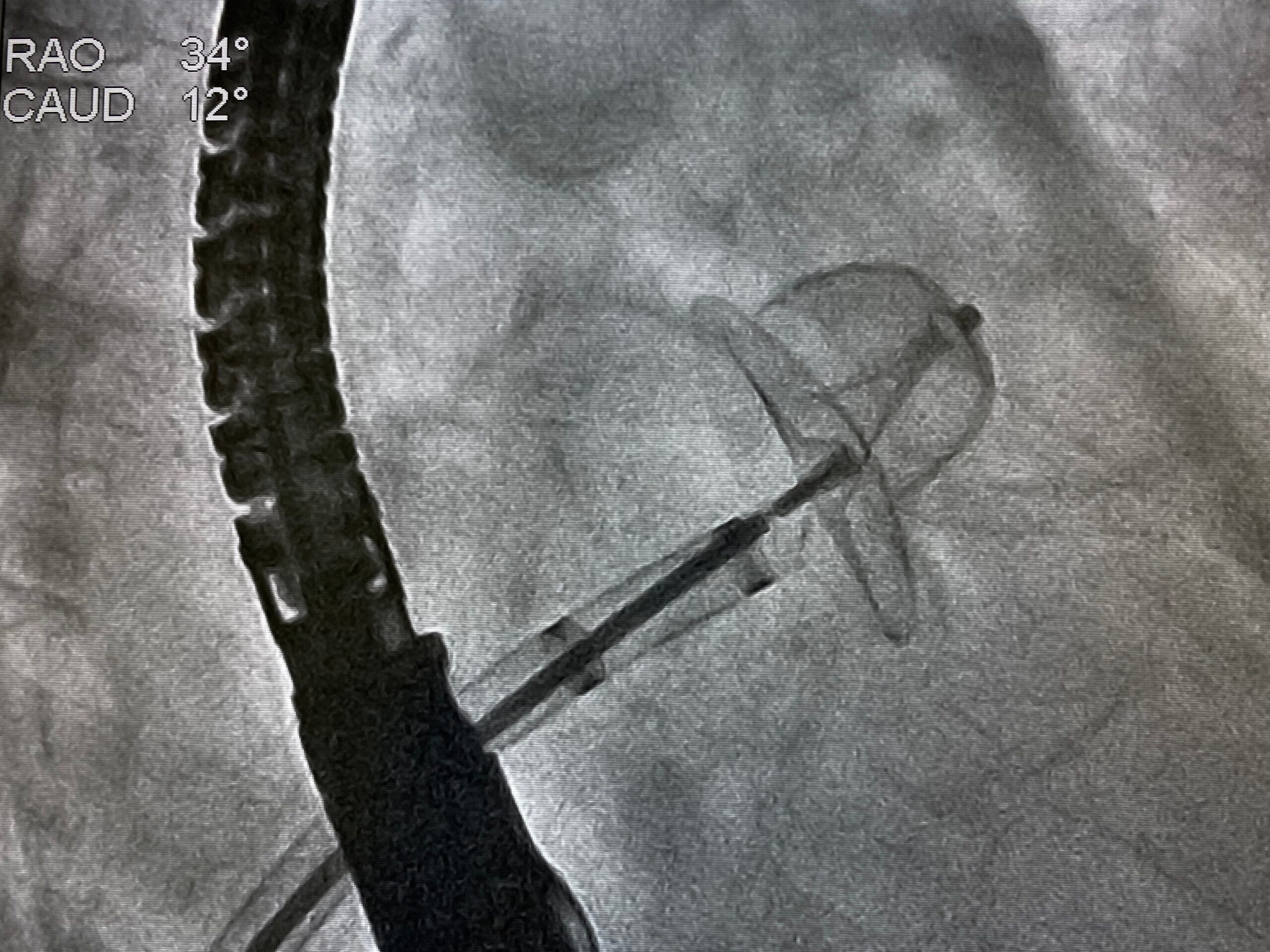
If you felt like the 2016 election was bad for your heart, that may have been more than just a figure of speech.
A new retrospective case-crossover study from a group of researchers at the University of North Carolina recently published in the Journal of the American Heart Association suggested that the 2016 election did in fact have an association with increased the risk for arrhythmic events.
#EPILifestyle21 Simultaneous Publication @JAHA_AHA
Arrhythmia-Election-Stress Arrhythmia Risk During the 2016 United States Presidential Election: The Cost of Stressful Politics (JAHA; Rosman)https://t.co/JzJsibGv4E
— AHA Science (@AHAScience) May 20, 2021
“This retrospective case-crossover study was conducted in North Carolina, which was a swing state in the 2016 U.S. presidential election,” lead author Lindsey Rosman, PhD, assistant professor of medicine in the division of cardiology at the UNC School of Medicine, said in a press release. “People living in North Carolina were exposed to a particularly high volume of negative political commercials, advertisements and campaign events that were very intense in rhetoric. So, their stress levels may have been especially high leading up to the 2016 election.”
The authors used cardiac device data, electronic health records, and historic voter registration records to implanted cardiac devices (ICDs) in 2,436 individuals. The patients were enrolled in two large centers in North Carolina, and They compared arrhythmia incidence during the election and compared with with Poisson regression.
Higher Arrhythmia Risk Around Election Time
There were 2,592 arrhythmic events in 655 patients during the study period (vs. 1,533 events in 472 patients during the control period). Patients were 1.5 times more likely to experience atrial fibrillation (AFib), 3.7 times more likely to experience supraventricular tachycardia, and 1.7 times more likely to experience nonsustained ventricular tachycardia during the election. All of these associations were statistically significant. Associations with ventricular tachycardia/ventricular fibrillation were not significant.
The researchers also drilled down into partisan affiliation, and whether Democrats or Republicans experienced more arrhythmias during the election period. Their results, reported in the analysis, were inconclusive.
“We were not able to conclusively show that the election was more stressful for one party over the other because of the size of our study,” Dr. Rosman said. “Risk of heart events increased for people no matter their political affiliation, race or gender. But we did see that registered Democrats experienced nearly twice as many heart events as Republicans, which is a trend we would like to explore further.”
Sociopolitical Events May Impact Arrhythmogenesis
The authors cited the cast-crossover study design as a major strength of the analysis.
“Because each patient served as his or her own control, confounding by non–time‐varying patient factors was eliminated,” they wrote. “Furthermore, unlike previous studies of short‐term triggers of arrhythmia, which were limited to small samples of predominantly male patients and focused on a single device or outcome (eg, ICD shock), this investigation included a large sample, 40% of whom were women, and assessed multiple arrhythmia outcomes in a wide range of devices from several manufacturers.”
They also cited limitations that included its retrospective observational design, which limited any causal relationships from being directly inferred. It also did not collect data on confounders like subjective emotional distress, chances in medications, NYHA class, hospitalizations, and environmental factors.
The authors wrote that the findings “suggest that exposure to stressful sociopolitical events may promoted arrhythmogenesis in susceptible people.”
Looking beyond the very interesting question posed by this study, this is a great example of a case-crossover design! https://t.co/mx7urXfFMH
A brief #Epidemiology tweetorial🤓borrowing notes from the amazing @DrsMeena's class: pic.twitter.com/b0ihotBlHp
— Jeff Min, MD MSCE (@jeffminMD) May 21, 2021
More #VisceralPolitics by @LRosman_PhD "The Cost of Stressful Politics" : We knew that acute cardiovascular events rise after natural disasters & terrorist attacks. New evidence shows a direct link between stressful 2016 US election & cardiac events https://t.co/OseMh9NTGy
— Centre for the Politics of Feelings (@PoliticFeeling) May 21, 2021







 © 2025 Mashup Media, LLC, a Formedics Property. All Rights Reserved.
© 2025 Mashup Media, LLC, a Formedics Property. All Rights Reserved.